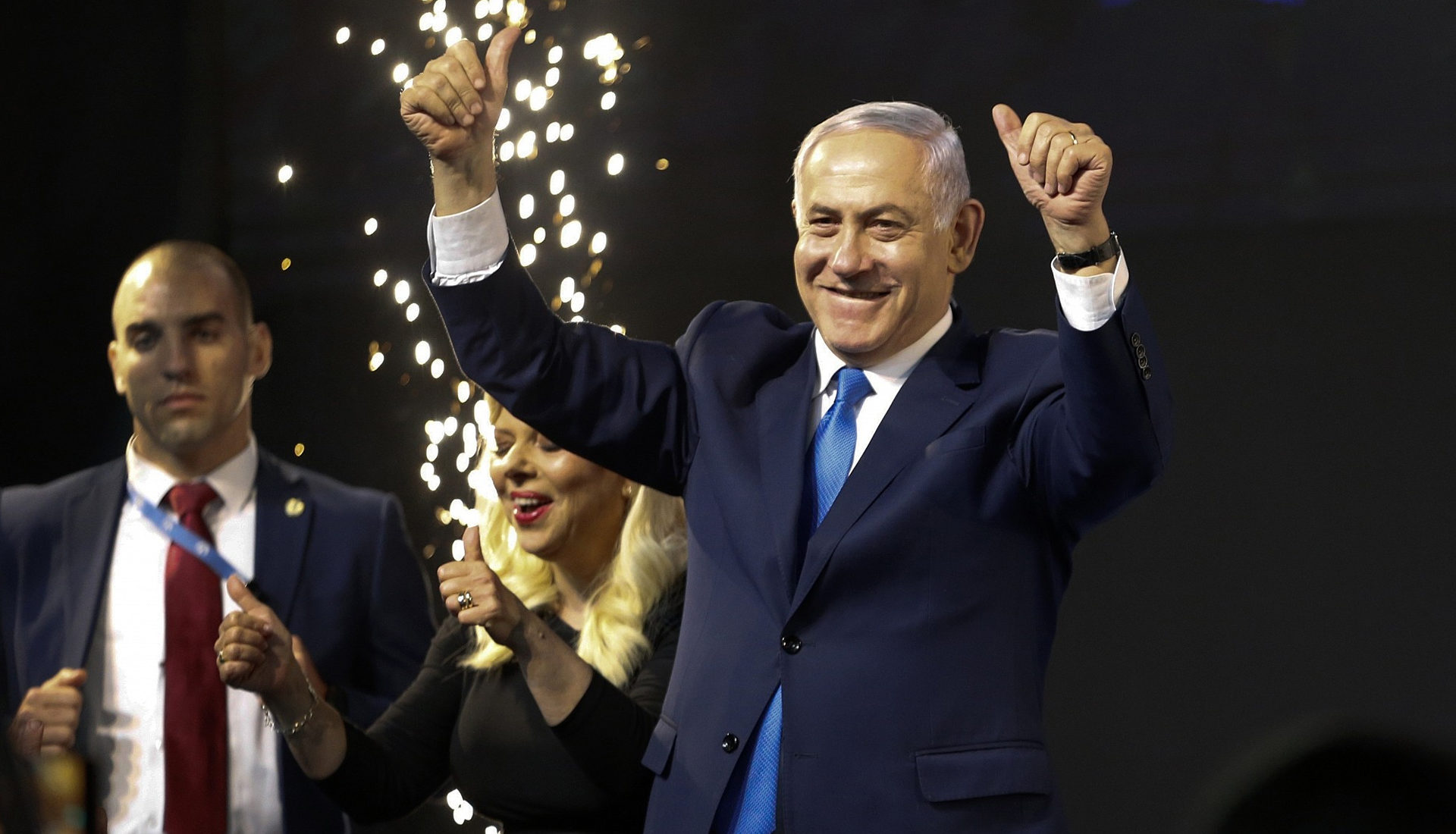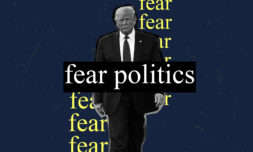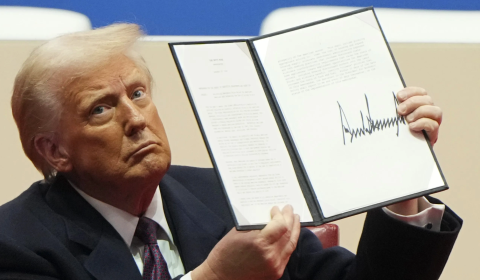Despite his upcoming trial on charges of bribery, fraud, and breach of trust, standing Israeli Prime Minister Benjamin Netanyahu has claimed a historic fifth term.
The far right has won another contested victory in Israel, where incumbent nationalist leader Benjamin Netanyahu has secured a fifth term as Prime Minister despite an impending corruption trial.
In July last year Netanyahu officially became the country’s longest serving leader, snatching the title from the country’s founding father and first PM David Ben-Gurion. But the subsequent year has been anything but easy for head of the conservative Likud Party – this week’s result marked the 3rd general election held by Israel in 12 months, with the two previous unable to produce a clear winner. Netanyahu twice failed to forge a coalition government after not receiving an initial majority, and afterwards managed to convince his political rivals, and other world leaders, that holding a second and a third election was preferable to allowing his political rival Gantz to form a coalition.
The result is a stunning, and all things considered, worrying, turnaround for a man two weeks away from the start of a major criminal corruption trial. In November 2019, Israel’s attorney general indicted Netanyahu for bribery, fraud, and breach of trust, throwing his political future into doubt. In the 62-page indictment the PM was accused of accepting hundreds of thousands of pounds in luxury gifts from billionaires, and for trading valuable favours with Israeli media and telecoms moguls for positive news coverage.





















